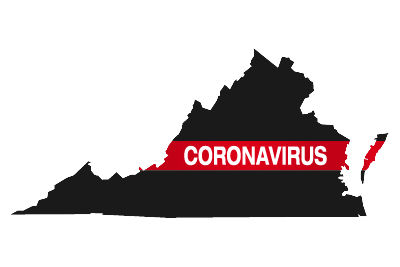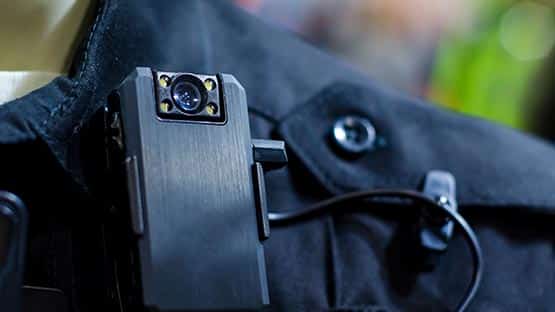
A new statewide vaccine poll conducted for the Virginia Department of Emergency Management finds the number of unvaccinated individuals willing to receive a COVID-19 vaccine has declined.
Among those surveyed in the July poll who have not yet been vaccinated, 27 percent indicated they are likely to get vaccinated in the future compared, down from 56 percent in the April poll and 30 percent in the May poll.
The poll, conducted between July 6 and July 19 by the Research Institute for Social Equity at the L. Douglas Wilder School of Government and Public Affairs at Virginia Commonwealth University, involved a representative sample of 842 adults in Virginia and has a margin of error of 4.62 percent.
Future intention to get vaccinated varies by race and ethnicity, with 69 percent of unvaccinated Hispanic respondents, 41 percent of unvaccinated African Americans, and 23 percent of unvaccinated whites indicating that they are likely to get the vaccine.
“These latest results, though showing increases in those receiving the vaccine, still fall short in some areas,” said former Gov. L. Douglas Wilder. “The lag in some groups along racial and partisan lines reflects historical patterns.”
By political party, 33 percent of Republicans, 18 percent of independents, and 7 percent of Democrats remain unvaccinated. However, only 17 percent of unvaccinated Republicans are likely to get vaccinated, compared to 35 percent of unvaccinated Democrats and 41 percent of unvaccinated independents.
Confidence in the safety of the COVID-19 vaccine, however, is on the rise. For those not yet vaccinated, the concern that vaccines were developed and tested too quickly decreased from 72 percent to 65 percent between the April and July polls, respectively.
Parent willingness to vaccinate their children
A majority (70 percent) of parents with children ages 11 and under said they were likely to vaccinate their children against COVID-19 if a vaccine is approved and made available at no cost compared to 53 percent of parents in the May poll and 63 percent of parents interviewed in the April poll.
Willingness varied by race and age, with 70 percent of whites, 64 percent of African Americans and 55 percent of Hispanics indicating a willingness to vaccinate children under the age of 11. Additionally, 77 percent of parents ages 35-54 reported they are likely to vaccinate their children, compared to 54 percent of parents ages 18-34.
Parental vaccine hesitancy also had a significant impact on respondent views regarding COVID-19 vaccinations for children. As was the case in the April and May polls, over 90 percent of parents of children ages 11 and under who stated they are “unlikely” to get themselves vaccinated were also “unlikely” to vaccinate their children.
For the full poll results and analysis, visit oppo.vcu.edu/policy-poll.










